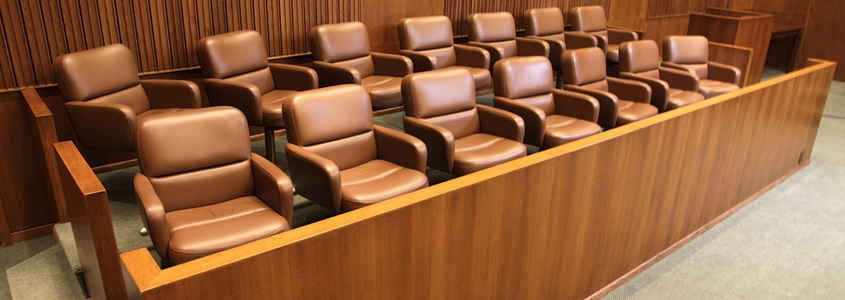U.S. Supreme Court Permits Inquiry Regarding Potential Racial Bias During Jury Deliberations
In an important ruling on juror bias and fair trials, a divided U.S. Supreme Court ruled for the first time today that evidence of racial bias by jurors during deliberation may be considered by the trial court following the issuance of a verdict and request for a new trial. The decision, written by Justice Anthony Kennedy, amends the traditional rule that bars judges from prying into jury deliberations. Notably, the Court limited its holding to evidence of racial bias only.
The majority ruled in favor of Miguel Angel Peña-Rodriguez, a Mexican-American man who was convicted of sexually assaulting two teenage sisters in a Colorado racetrack bathroom. After the trial, two of the jurors reported to defense counsel that one juror made racially biased statements during deliberations. Based on a Colorado law barring jurors from testifying about jury deliberations, the trial judge ruled the jurors could not be questioned about their statements to determine whether to order a new trial.
The Supreme Court overturned the Colorado Supreme Court in Peña-Rodriguez v. Colorado. The 5-3 decision announced a new rule that applies to cases in which “one or more jurors made statements exhibiting overt racial bias that cast serious doubt on the fairness and impartiality of the jury’s deliberations and resulting verdict.” As a result of the decision the case will be sent back to the lower courts to consider the jurors’ testimony. It is unclear whether Mr. Peña-Rodriguez’s request for a new trial will be granted, but the Supreme Court ruling means his evidence of juror bias will at least be considered. The majority decision was joined by Justices Ruth Bader Ginsburg, Stephen Breyer, Sonia Sotomayor and Elena Kagan.

